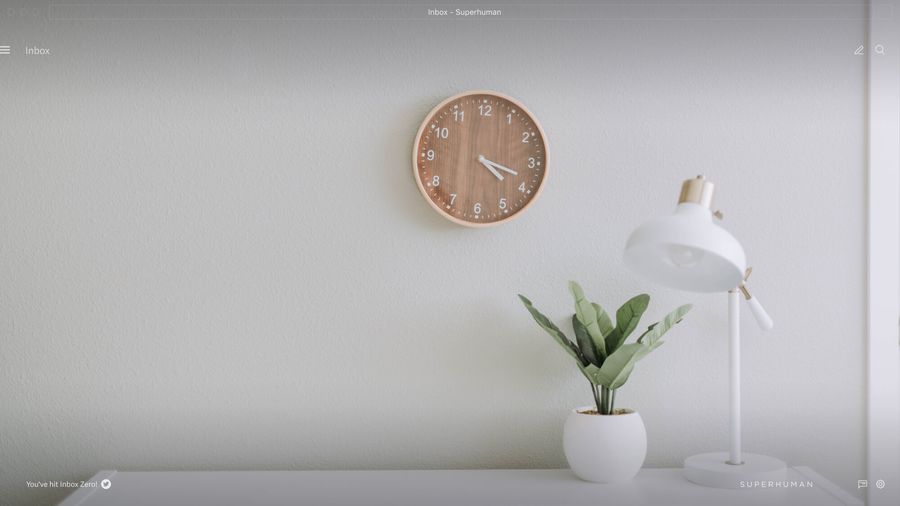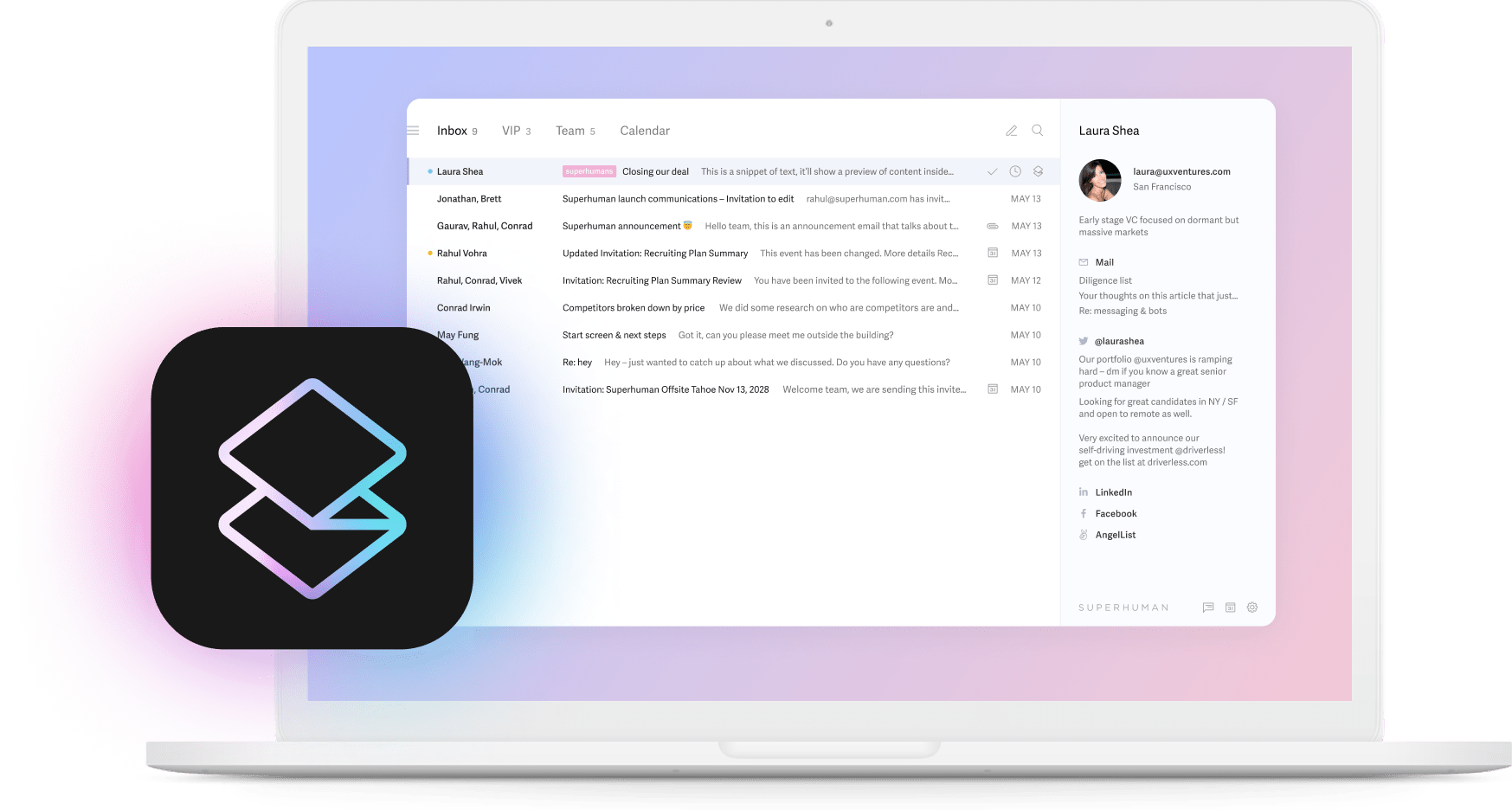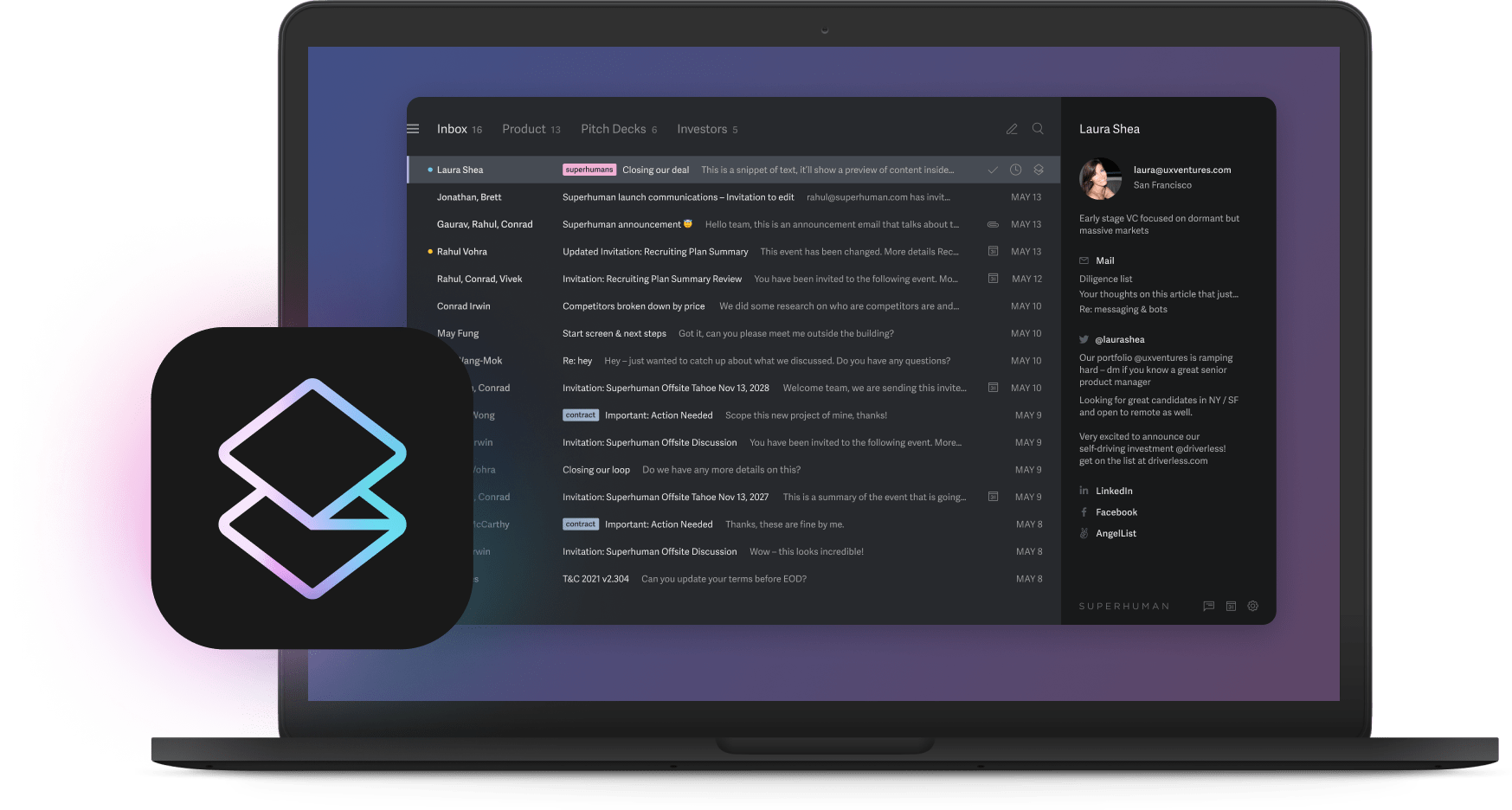
I was supposed to start writing this article 30 minutes ago.
Instead, I took an unplanned journey down a Google-inspired research hole and then left my desk to grab a new chocolate bar I had been dreaming about all morning. Thirty minutes later, and now I'm behind schedule.
The struggle is real, even for us full-time remote workers who have been at it for more than a decade.
But even though occasional distractions can hinder the best of us, you really can regain control of your day and filter out the noise. Even someone as distraction-prone as myself can feel more in control and avoid the temptation to procrastinate (well, except maybe when chocolate is involved!).
This article will outline seven tips to help you avoid distractions and be more productive. These tips will take a little practice and determination to become a habit, but they are highly doable — and it's easy to work them into your everyday routine.
Why you keep getting distracted (and nothing seems to work)
If you're prone to getting distracted while working from home, this is likely not the first article you've read on the topic. And if my spidey senses are correct, you've probably tried a dozen things that haven't worked for you.
First, please don't be too hard on yourself. Distractions affect everyone! Putting additional pressure on yourself because you think you're abnormal or different from others exacerbates the problem. If distractions weren't such a problem for others, there wouldn't currently be 30 million articles on Google about avoiding distractions.
Your mind could be wired for distractions
Are you having a hard time avoiding distractions? It makes sense because the human mind might actually be wired for distractions.
Researchers believe that you're distracted not because of your phone notifications, adorable pup, or friend's constant texting — it's actually your mind wandering.
You know how you fantasize about sipping Mai Tais at the beach while waiting in line at the DMV? Or maybe you fixate on those urgent emails you forgot to reply to while getting a haircut? That's mind-wandering, and it's become a common practice, almost like brushing our teeth.
Psychologists Matthew Killingsworth and Daniel Gilbert state that our minds are wired for this wandering or what they call a state of constant distraction. In fact, we spend around 47% of every hour doing it.
How do you stop your mind from wandering? We'll tell you how and also talk about six more tips on how to avoid getting distracted at home. Let's go!
How to avoid distractions while working from home: 7 tips for regaining control of your day
Shift your mind-wandering
We talked about mind-wandering in the last section and how common it is for humans to drift into distracting thoughts.
How do you stop your mind from wandering? It takes some practice, but Harvard scientists suggest that you can shift from mind-wandering to focus with the Notice-Shift-Rewire technique.
Notice
Notice when your mind loses focus and what happens. Typically, you're not focused on what's happening in your present and you're lost in your wandering thoughts. Scientists suggest that to regain control of your thoughts, notice when you start to wander so you can circumvent it.
Shift
Once you recognize you're wandering, shift your thoughts to stay present in the moment. Think about what is happening around you, like how you're enjoying walking your dog and taking in the sights. Do this for at least 15 to 30 seconds each time you notice yourself wandering.
Consider using cues such as when you walk your dog or exercise on the treadmill to focus your mind. During these times, come back from wandering and refocus on the present. Keeping your cues consistent can train your brain to refocus during those times and stay present with your thoughts.
Rewire
Keep at it! As you strengthen the practice of noticing and shifting your thoughts to focus on the present, you might feel less stressed, live with more ease, and feel more connected to your life and the people you love. That's a great perk!
Set work boundaries
So my husband is a chatterbox (hopefully, he will never see this!) and we both work remotely. We have our own offices, but he loves to come into my office without notice and strike up a conversation. I'm not much of a small talker but he is a detailed storyteller and sometimes his stories take on a life of their own!
While I enjoy the occasional light interruption, it became a distraction during my workday, hindering my flow. We came up with a solution. Whenever I close my door, I'm in "productive mode", so he will only enter if it's an emergency.
Here are some more tips on managing family and personal life at home to avoid distractions:
- Do your most resource-intensive tasks when you're the least likely to be interrupted. For example, when your baby naps or the house is empty.
- Remove the distractions. Whether it's disabling phone notifications, placing your phone in a different room, or shutting down your email, consider eliminating what steals your attention.
- Set boundaries. Notify everyone in your household when you'll be working. If helpful, set working hours where you're not to be disturbed.
Connect your daily tasks to the big picture
Are you taking a quick break to procrastinate working on that proposal? Sure, why not. But when taking a break from that proposal means not fulfilling your monthly goal of bringing in $5K more sales, that task just got a lot more important.
To stop yourself from procrastinating, put more skin in the game. That means attaching a bigger goal to every task, so you have more at stake if you allow yourself to get distracted.
Let's say you have two resource-intensive tasks to complete today. Before starting your day, connect those tasks to your larger goals. So that might mean tying that sales call to your monthly sales quota. Even better, if you know you procrastinate on doing sales calls before the month starts, set a goal for completing a specific number of calls and reward yourself if you hit that number. Bonus points if you make yourself accountable to someone else. Learn more about creating and tracking habits.
Use calendar blocking
Calendar blocking (or time blocking) can help you accomplish your goals, take back control of your day and invest time into moments that have more value to you personally and professionally. In other words, it's a major upgrade to your daily to-do list.
With time blocking, you designate blocks of time during your day to accomplish specific tasks. So instead of starting your day with a random to-do list, you're assigning a particular time to complete each task, which keeps you from getting distracted.
Calendar blocking is so beneficial for daily scheduling and boosting productivity that we wrote an in-depth post about it! Check out our article on time blocking and learn how to stay focused and regain control of your day.
Speaking of calendars, did we mention that with Superhuman, you can easily access your Google calendars, meetings, etc.?


Give into procrastination (yes, really)
Give into procrastination? This sounds like counterproductive advice but stay with me for a second.
You know how the more you feed something, the stronger it gets? I find that the more I resist procrastination, the stronger it gets and the harder it is to get under control.
According to Psychology Today:
Long ago, the depth psychologist Carl Jung contended that "what you resist not only persists, but will grow in size". And today, this viewpoint is generally abbreviated to "what you resist persists", with many kindred paradoxical variants — such as, "You always get what you resist."
Now, I'm not saying to give in to every urge to put off your work, but allow yourself several breaks during the day, even if you give in to a little procrastination. Maybe your pup is looking for some love, or you've been meaning to text your friend back. Take 5-10 minutes to reward yourself and then get right back to it.
You might find that your desire to put things off gets quieter and quieter because you're not resisting it so much.
Practice focus
Like riding a bike or learning to swim, focus takes practice. The good news is that with practice, focusing can become second nature and cease being something you're constantly fighting to maintain.
Here are some tips for practicing and maintaining focus:
- Practice meditation
- Use the Pomodoro technique
- Use focus apps
- Disable your phone and email notifications
- Take breaks. If you lose focus, it might be time for a snack, some water, or a break.
Get your email inbox under control: eliminate clutter and speed up email management
Our email inboxes can become a huge distraction and time-waster if we let them spiral out of control. Superhuman makes checking email fun and rewarding, not to mention super fast.
Features such as Split Inbox, Snippets, and Remind Me can help you declutter your inbox, speed up email management, and get to Inbox Zero faster than you ever thought possible.
Don’t be controlled by your inbox! Get started with Superhuman and stay more productive by avoiding email distractions.




